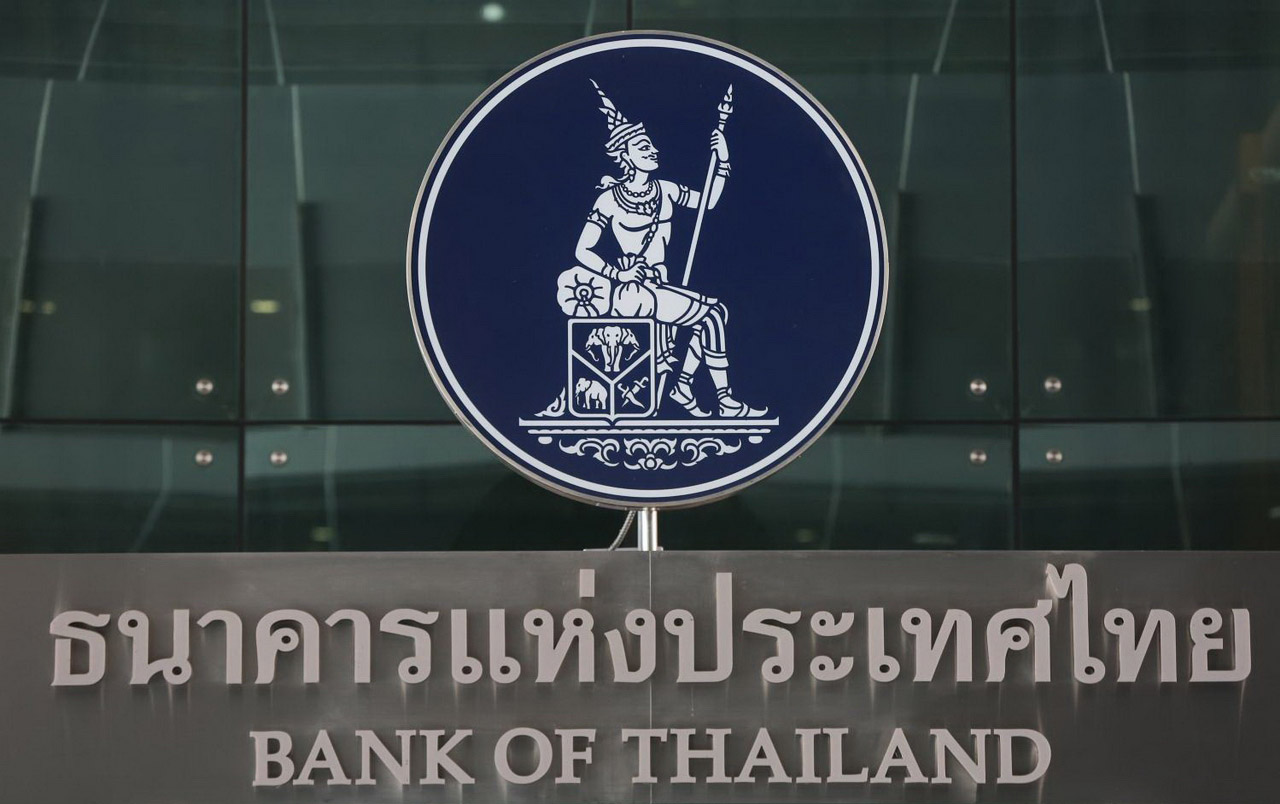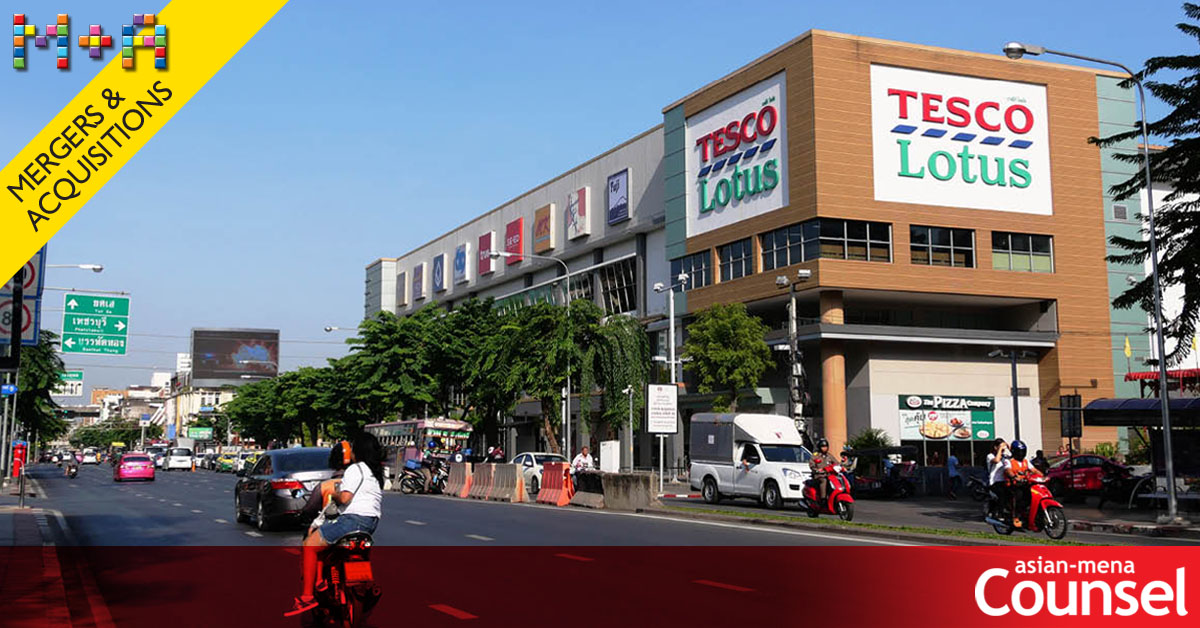Background
Thai regulations have, in practice, prohibited ride-hailing operations despite the emergence of multiple sector participants over the past few years, and increased popularity among consumers. A new regulation sets the stage to formally legalise ride-hailing business activities.
Regulation details
On 25 May 2021, the Cabinet approved a draft Ministerial Regulation on Ride-Hailing Cars Carrying Not More Than Seven Passengers Via Electronic Systems (the “Draft MR”). The Draft MR aims to legalise and regulate ride-hailing services in Thailand. The full version of the Draft MR has not been made available to the public.
Vehicle requirements
The draft MR will set out the qualifications of the vehicle to be registered in the application to carry out ridehailing services. Qualifications and details include the type of car and service year, mandated passenger insurance, signage indicating registration as a hired car via electronic system affixed to the car and rates of service fees.
Operator requirements
Ride-hailing application providers have to submit a work manual for their ride-hailing application and meet the minimum requirements under the Draft MR or its subordinated laws, including the following:
– being a juristic person registered under Thai law;
– having registered capital of not less than the amount to be set forth in the subordinated laws (i.e., tentatively, at least Baht 5 million);
– having a place of business in Thailand;
– ready to provide a 24 hour service; and
– must not be a person whose GPS provider license has been revoked.
Authentication and personal information
Ride-hailing applications must include an authentication system for verifying authorized drivers, such as a pin code, face scan or fingerprint. In addition, the ride-hailing application providers must conduct a criminal record check on the drivers with the Royal Thai Police. Therefore, it is unavoidable that the ride-hailing business will involve sensitive data under the Personal Data Protection Act, B.E. 2562 (the “PDPA”).
Conclusion
The approval of the Draft MR comes as a welcome move to ride-hailing application providers that have been operating in Thailand under a grey area of the previous laws. However, current and potential business operators in this sector should be aware of the implications under the PDPA when vetting drivers and collecting and saving personal information. We will continue to monitor this topic and provide updates on material changes, or additional laws that may be passed.
If you would like to discuss any of the legal implications of the matters discussed above, please contact the
authors listed in the right-hand column.
Key Contacts

Nuanporn Wechsuwanarux |

Panupan Udomsuvannakul |

Suphakorn Chueabunchai |

Theerapat Sombatsatapornkul |
Chandler MHM Limited
36th Floor, Sathorn Square, Office Tower, 98 North Sathorn Road , Silom, Bangrak, Bangkok 10500 , Thailand.
www.chandlermhm.com


























































 Chandler MHM Limited
Chandler MHM Limited Jessada Sawatdipong
Jessada Sawatdipong



